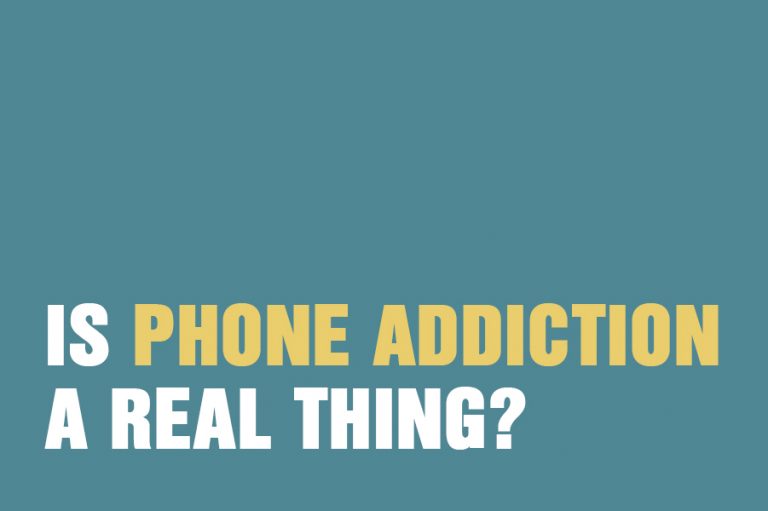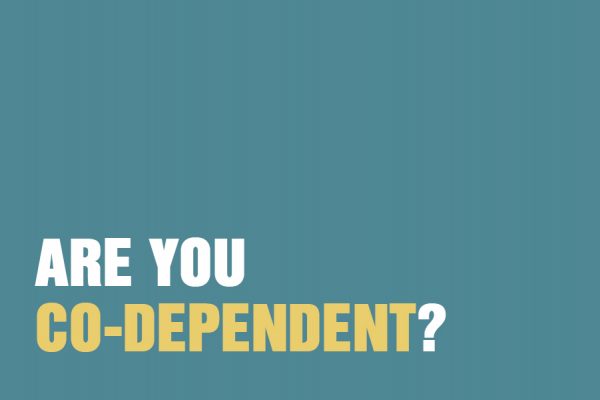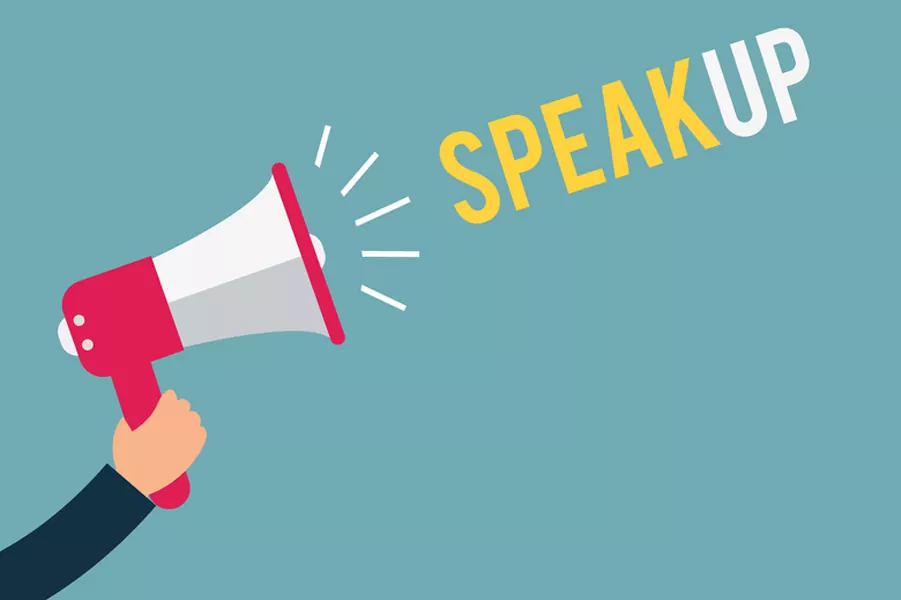Most people have a love-hate relationship with their smart phone. We recognise that we can’t quite live without them now, but we also resent them for the amount of attention they grab with their little pings, and feel angry at just how many hours can get lost on them. According to Google trend reports, searches for “phone addiction” and “social-media addiction” have been rising steadily for the past 10 years, so it is clear that this is something many of us worry about.
Research from Apple shows that people unlock their phones 80 times a day, and market research estimates that, on average, we tap, type and swipe our smartphones more than 2,600 times a day. That is a lot. One recent survey found that people were more willing to give up food, sleep and sex than to lose their internet connections. Another survey found that in accidents that could befall us, most participants would prefer to break a bone than to lose their phones. Most phone users will have thought at some point that their frequent, insistent nagging urge to check their emails is at problem levels. But is that compulsion to look and check an actual addiction rather than habit? Recent research seems to be coming back with a definite ‘yes’.
The definition of addiction is: not having control over doing, taking or using something that, even though it gives rewards, is also doing you harm.
There is scientific evidence that phone use leads to a release of the neurotransmitter dopamine, which is the reward. Dopamine controls the pleasure systems in the brain and means that people, particularly teenaged people, continue to compulsively check their phones to the detriment of their personal and social lives.
Due to this release of dopamine, texting, the internet, Instagram and Twitter give instant gratification, and create a desire to do it again soon. According to research the average person swipes or taps their phone 2,617 times day. That is a lot. And, unsurprisingly, all that instant gratification does not come without a cost. Constant stimulation of the dopamine system can be exhausting, and the constant switching of attention from life to phone, phone to life can make it hard for you to be focused and present in the moment.
Our therapists at the Awareness Centre report that, while it is not among the top things that clients come in with, most clients at some point will talk about being worried how much time they spend on their phones as part of their presenting issues along with anxiety or insomnia or relationship issues.
So what can you do to break this addiction?
Obviously, we can’t expect ourselves to live without our phones, which in fact are not really phones at all they are very small powerful computers that do so much more for us than enable us to call our mums. Nevertheless, when your dependency on your mobile device is hindering your daily activities, it is important to consider the benefits of addiction counselling services and how they can support you in managing this compulsion.
Five tips on how to manage your phone use:
Plan concentrated phone time. A bit like the ‘fag breaks’ of old, plan moments in the day when you pick up the phone to check everything. The rest of the time…
Tone it down mute or disable all the notifications on your phone. Silence it and remove it from sight so you are not having your head turned at every ping and can really concentrate on what you are doing
Have an honest reckoning. If you bring to awareness that your total daily phone use is two hours plus a day (the average according to research by Apple is two hours and 15 minutes), you might start wanting to do other things with that time.
Have exclusion zones. The most common of these is the “no phones at the table rule” but make up your own rules such as: “on the train I will only read my book or daydream” or “I will never check my phone when I am with friends” or “I will have a half-hour electronics free zone before bed”. And definitely stick to the “no texting while driving” one!
Be mindful. Devote at least two blocks of ten minutes a day to concentrating on something you enjoy — reading, walking, talking to friends, anything as long it is not on your phone — and the stress of distraction will diminish and your powers of concentration can be restored.
If you feel that your phone use is adding to your stress levels and affecting your ability to have real relationships with people in the here and now you might find it helpful to discuss this with a qualified counsellor or psychotherapist. Call 020 8673 4545 or email [email protected] and the Front of House team will book an appointment with one of our therapists. We have centres in Clapham and Tooting.







